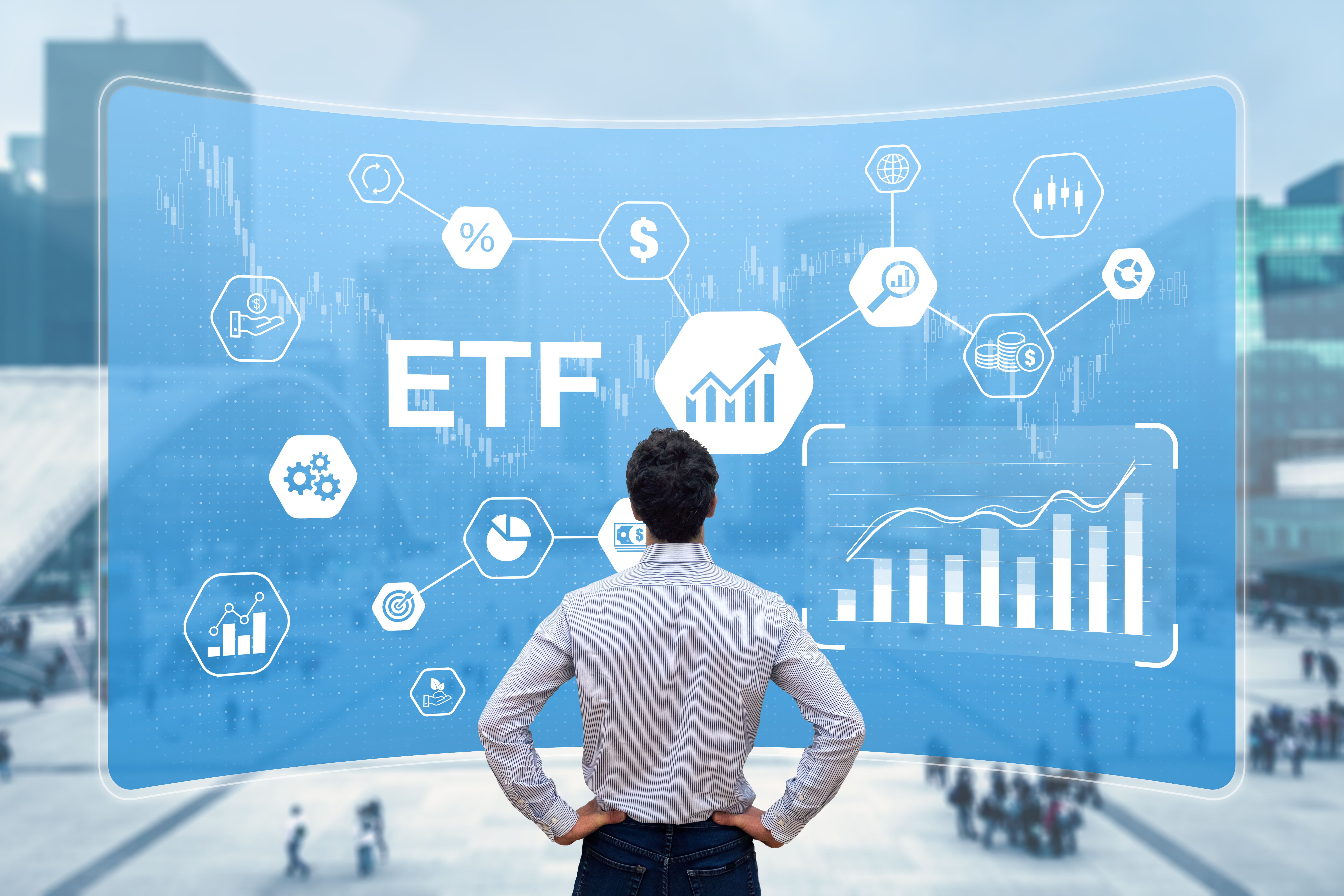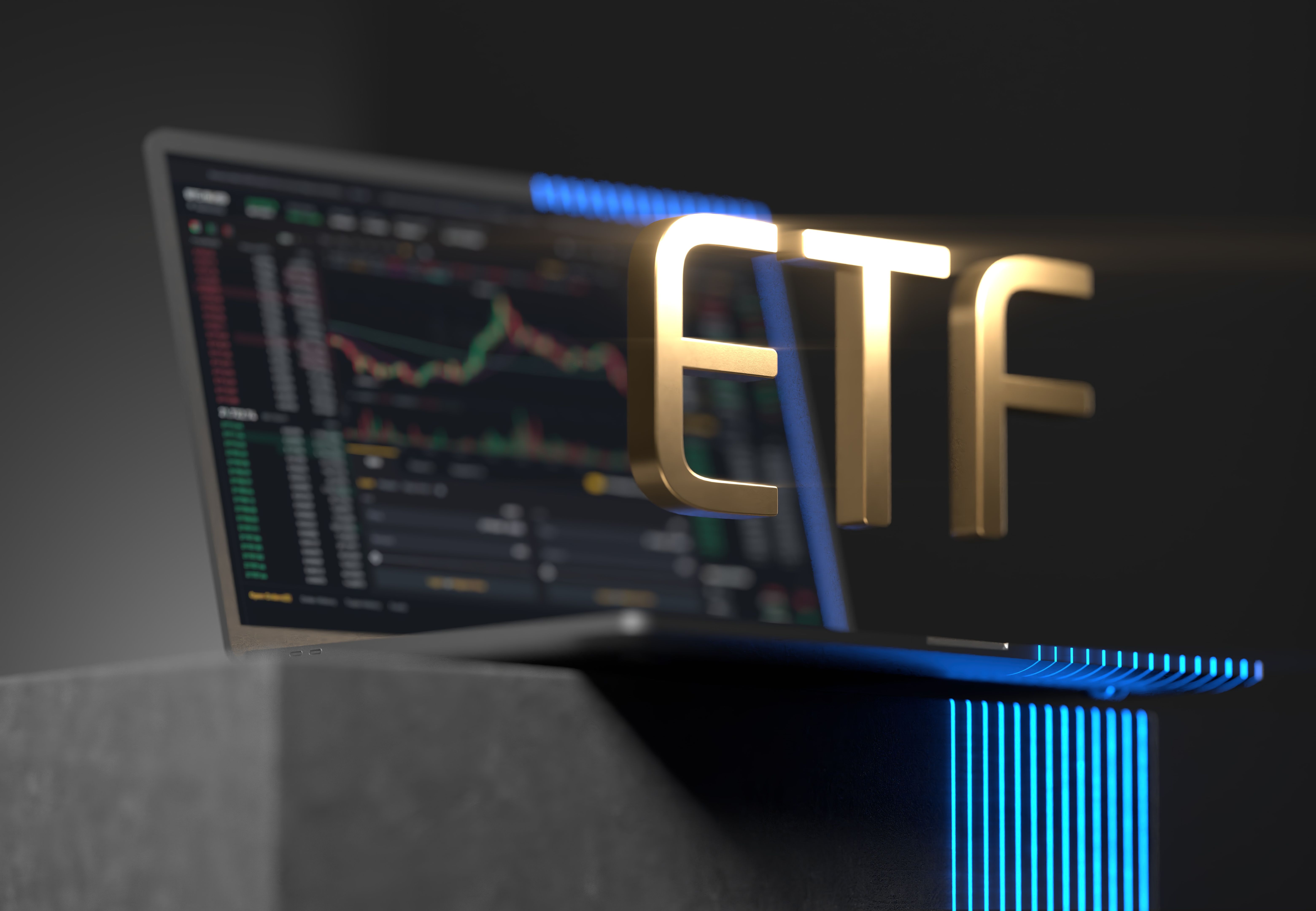Exchange-Traded Funds (ETFs): A Simple Guide
What Are Exchange-Traded Funds (ETFs)?
Exchange-Traded Funds, commonly known as ETFs, are investment funds that are traded on stock exchanges, similar to individual stocks. They are a popular choice among investors for their flexibility and potential to diversify a portfolio. ETFs can hold assets such as stocks, commodities, or bonds, and they generally operate with an arbitrage mechanism designed to keep trading close to its net asset value.
One of the primary benefits of ETFs is that they allow investors to buy shares in a diversified portfolio without having to purchase each individual asset. This can make them a more convenient and cost-effective option compared to traditional mutual funds. ETFs offer the advantage of being tradable throughout the day, unlike mutual funds which only trade at the end of the trading day.

Types of ETFs
There are several different types of ETFs available, each catering to different investment strategies and goals. Understanding these can help investors make more informed decisions.
Equity ETFs
Equity ETFs are the most common type and track the performance of a specific index, such as the S&P 500. These funds can provide exposure to a large number of stocks, offering diversification across various sectors and industries.
Bond ETFs
Bond ETFs focus on fixed-income securities and aim to provide stable returns with lower risk compared to equity ETFs. They can include government bonds, corporate bonds, or municipal bonds, making them a suitable option for conservative investors seeking income.

Advantages of Investing in ETFs
Investing in ETFs comes with several advantages that appeal to both novice and seasoned investors. Here are some key benefits:
- Liquidity: Since ETFs are traded on exchanges, they offer high liquidity, allowing investors to buy and sell shares throughout the trading day.
- Diversification: By investing in an ETF, individuals can gain exposure to a broad range of assets, reducing the risk associated with investing in single stocks.
- Cost-Effectiveness: ETFs often have lower expense ratios compared to mutual funds, making them an attractive option for cost-conscious investors.

Risks Associated with ETFs
Like any investment vehicle, ETFs come with their own set of risks. It's crucial for investors to be aware of these risks before making an investment decision.
Market Risk
ETFs are subject to market fluctuations. Changes in the market can affect the price of the underlying assets within an ETF, which can lead to potential losses.
Tracking Error
The performance of an ETF may not exactly match the index it is intended to replicate due to tracking error. This can occur due to various factors such as fees or management inefficiencies.
Despite these risks, many investors find that the benefits of ETFs outweigh their disadvantages. By carefully selecting ETFs that align with their investment goals and risk tolerance, investors can effectively incorporate them into their portfolios.
Conclusion
Understanding Exchange-Traded Funds (ETFs) can open new investment opportunities for those looking to diversify their portfolios without significant effort. With their flexibility, cost-effectiveness, and range of options, ETFs have become a staple in modern investing strategies. Whether you're a seasoned investor or just starting out, exploring the world of ETFs could be a prudent step towards achieving your financial goals.
